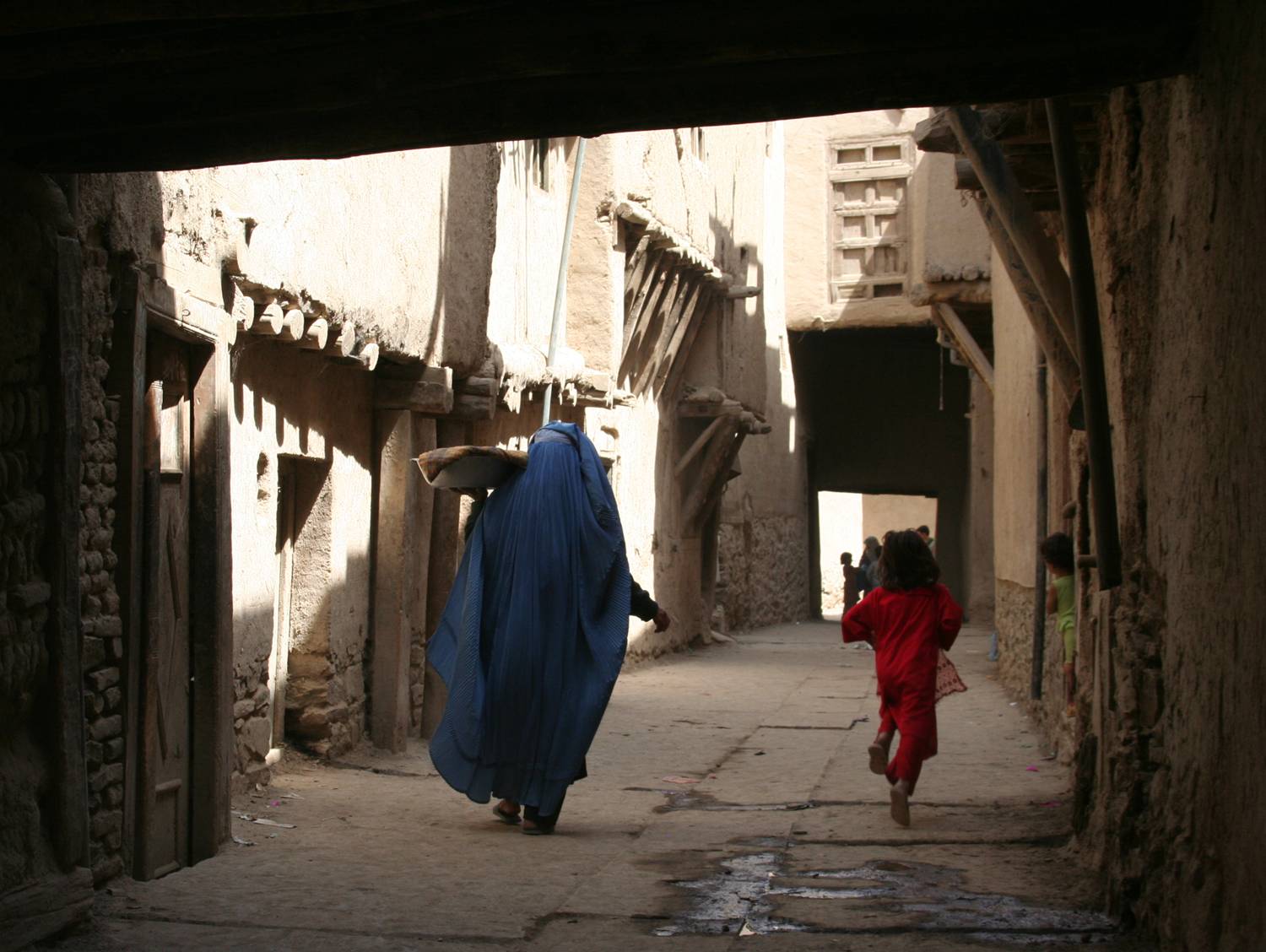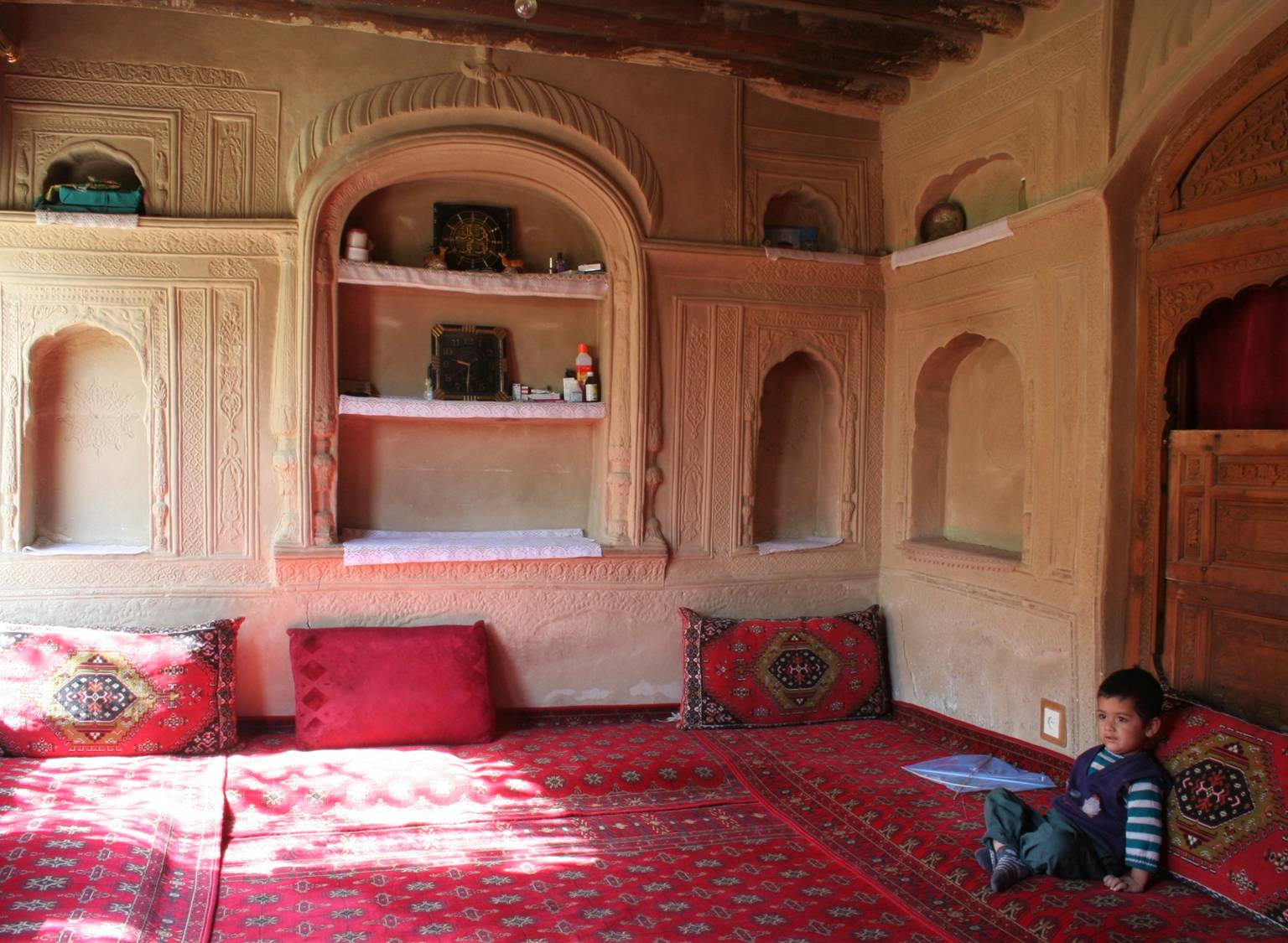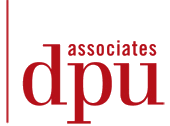
Planning support to the Afghan Ministry of Urban Development for the safeguard & regeneration of urban heritage (Anna Soave)
Submitted by frankie on Fri, 2009-04-10 12:04.
Anna Soave
The views expressed in 'Recent News & Reflections' are those of the author and do not necessarily reflect those of any of the governments, organisations or agencies with whom they have been working.
In November 2008, Anna Soave and Mona Khechen (DPU 2000) completed a 6-months assignment for the Aga Khan Trust for Culture / Historic Cities Programme (AKTC/HCP), funded by the Italian Trust Fund for Culture and Sustainable Development (ITFCSD), to assist the World Bank in its urban heritage-related activities in Afghanistan.
 |
 |
In the context of its 5-year long experience in conservation and urban rehabilitation work in Kabul and Herat and its on-going efforts in capacity-building and policy development with Afghan institutions, the World Bank requested AKTC to contribute to the WB-funded Kabul Urban Reconstruction Programme (KURP), with the aim of addressing more effectively historic preservation issues in the formulation of urban development plans, AUH) of the Afghan Ministry of Urban Development (MoUD) in preparing a work-programme for policies and procedures.
The assignment included:
i) the identification of issues to be considered in the course of planning in the context of the historic quarters of Kabul and a consequent action plan;
ii) assistance to the Department for the Safeguard of Afghanistan’s Urban Heritage on the formulation of planning frameworks for the Old City of Kabul;
iii) preparation of a draft plan of action and budget for the development of a comprehensive policy for Afghan urban heritage preservation and regeneration;
iv) identification of a series of optimal operating procedures to be applied to conservation and upgrading works in the context of historic urban fabric.
- Marginalization of urban conservation in the overall Urban Sector Strategy and national budgets
- Limited relevance of the 2004 cultural heritage law, which primarily focuses on the safeguarding of individual monuments and archaeological sites and artefacts rather than the urban fabric – hence the lack of specific policies or legal measures to safeguard or guide development in historic areas
- Delays in preparing urgent local plans; disconnect between the planning processes that affect the historic quarters and those developed for the wider city; token participatory planning
- Ineffectual protection and management of urban heritage resources as a result of weak inter-ministerial coordination, poor institutional capacity, lack of resources and technical “know-how” to guide the conservation process
- Concerns regarding the long-term sustainability of current donor and agency-driven urban conservation initiatives, as well as the coordination between implementing agencies and modes of interaction/negotiation with local stakeholders
- Issues of oversight and subcontracting of rehabilitation works, expertise gaps, contractual arrangements, on-site liabilities, standards of work affecting the stability of the building stock
- Specific physical constraints, i.e. access and environmental problems and the fragility of the housing stock, coupled with socio-economic issues, such as vulnerable resident population, poor provision of basic service, property-related disputes and absentee owners.
In the light of the above concerns, the team proposed a conceptual framework for each task to guide future public actions and intervention. These address the need to shift from the present top-down physical planning to embrace a more strategic, collaborative/participatory and enabling interventions, while adopting a comprehensive urban management approach. The strategic direction was provided by a set of guiding principles which, in a nut shell, articulated the need to set pragmatic, realistic and flexible procedures to address critical urban heritage policy issues; reflect the interest of local stakeholders; and, crucially, adopt an incentive-based approach to preservation and urban regeneration.
Having reviewed current practices and institutional setups, each report thus proposes a coherent plan of action that identifies steps to be undertaken by key stakeholders within a set timeframe. In particular, the planning reports suggest the adoption of a tactical two-phase institutional planning process which prioritises the formulation of ‘emergency’ plans to address essential infrastructure needs and define allowable uses of land and property, while developing the capacity to embark on more strategic and policy-centred issues on the national scale in the second phase. The reports recommend priority interventions and responsibilities, and offer a series of alternative planning and management scenarios that draw on relevant international practice in historic preservation.
The conclusive recommendations focus on the need to:
1) enhance the role of the Old City Commissions as platforms for inter-institutional coordination and oversight on urban planning and rehabilitation initiatives and processes, and strengthen the emerging function of the Old City Commission Technical Team (OCTT);
2) support DSAUH’s role in national coordination and oversight through the gradual delegation of area planning and design tasks to the local authorities and the private sector;
3) invest further in technical assistance to MoUD and KM staff, and specialised training of Afghan professionals in the field of heritage conservation; and finally,
4) allocate sufficient funds for the urgent formulation of a national urban heritage policy and for the development of strategic urban planning frameworks for the revitalization of the old cities of Kabul and Herat.
Web links:
Aga Khan Trust for Culture / Historic Cities Programme: http://www.akdn.org/aktc
AKTC Newsletters: http://www.akdn.org/afghanistan_newsletters.asp
Aga Khan Historic Cities Programme, Urban Conservation and Area Development in Afghanistan, AKTC, Geneva, 2007: http://www.akdn.org/publications/akhcp_afghanistan.pdf
ArchNet Digital Library: http://www.archnet.org/library/
